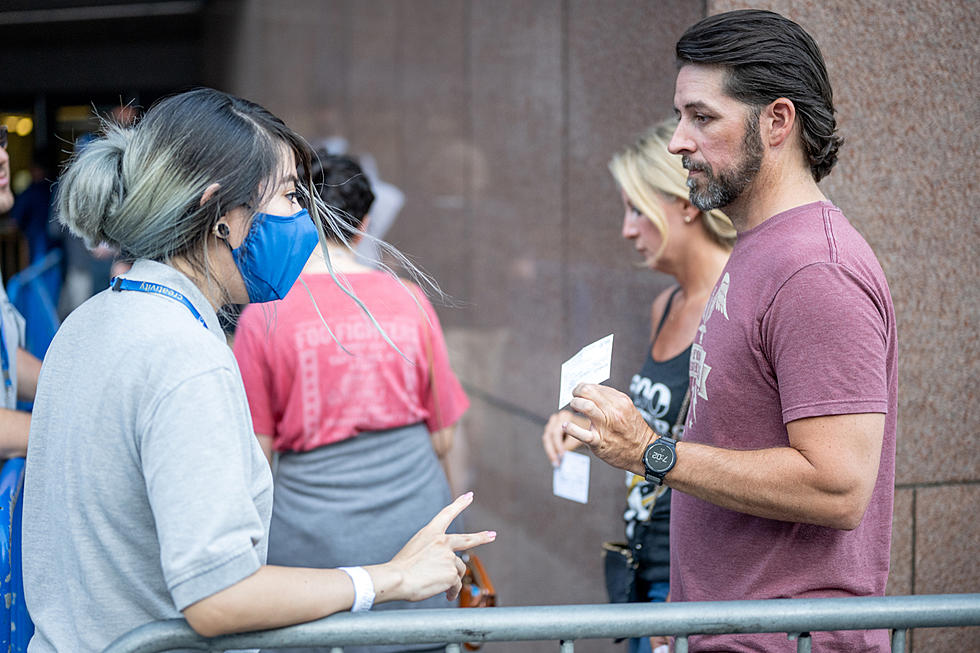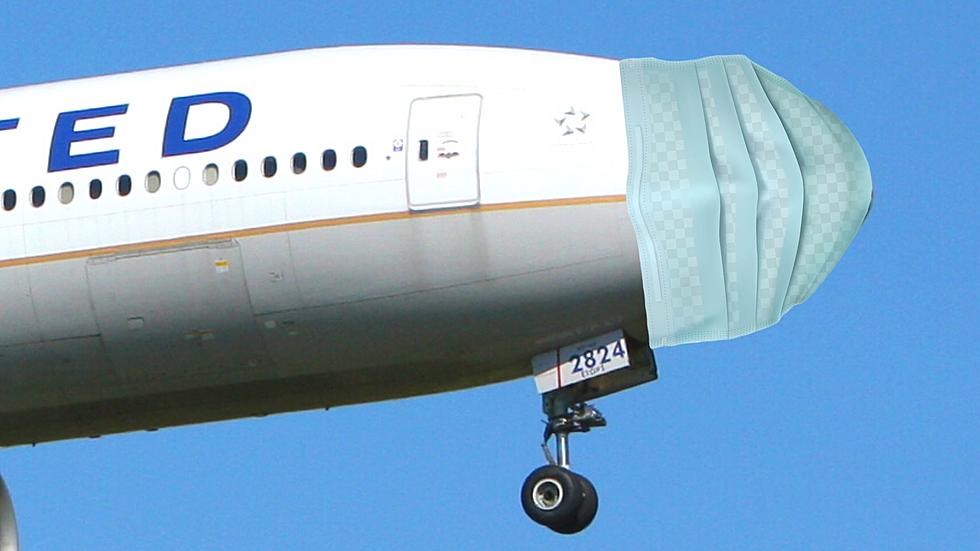
One in Five Concert Ticket Buyers Reportedly No-Show
The live music industry, already hit hard by the COVID pandemic, has seen an increased number of unused concert tickets even as touring has returned.
Veteran acts with older fanbases -- more at risk of serious COVID infection -- have felt the biggest impact. A report by the Wall Street Journal notes that “for some performances, as many as 20% or more of ticket-buyers were no-shows for major artists like George Strait, the Eagles and Dead & Company.” This stands in stark contrast to pre-pandemic numbers, which typically saw unused purchased ticket rates in the 1% to 3% range.
Somewhat predictably, the likelihood of no-shows increases with concerts that have been postponed and rescheduled multiple times. Changing a performance date can naturally create conflicts for fans who can no longer attend, but the numbers seem to indicate that continued apprehension about large events amid COVID’s ongoing outbreak is the most likely reason for a decrease in attendance.
“It’s going to take time to get back to what I think is normal,” John Meglen, president and co-chief executive officer of Concerts West, explained, pointing to reschedule shows multiplying by “maybe two, three times, maybe four, I don’t know how many, by Covid.”
While ticket sales often carry the biggest sticker price, concert attendees usually spend money on things like food, drinks, parking and merchandise. These income sources go away when fans no-show, and it’s often the venues themselves that feel the biggest hit.
Clubs, in particular, are noticing higher no-show rates, as fans remain concerned about indoor venues where the concert goers share a small space.
“People are increasingly choosing to not go,” Dave Brooks, senior director of live music and touring at Billboard, explained to the Wall Street Journal. “And that’s frightening, because what’s going to bring them back? It’s not clear. If people get in their heads the idea that they’re not safe, you could lose a lot of customers, forever potentially.”
Even as vaccination requirements and masking rules have become the norm, concerts -- like all large group gatherings -- continue to carry COVID risks. With a new year fast approaching, industry professionals are preparing for further uncertainty.
“2022 is going to be a bumpy road,” Meglen admitted.
2022 Classic Rock Tour and Festival Preview
More From WZOZ










